
The Myth of Earning Love Through Work
Many of us grow up believing love must be earned through achievement, effort, and endless work. But this belief often leaves us exhausted, lonely, and disconnected from what matters most. Drawing on psychology, personal finance wisdom, and end-of-life reflections, this piece explores the myth of “earning” love, why so many of us fall into the trap, and how to choose differently — reclaiming joy, connection, and presence in the process.

Love, Out Loud (Even When We Disagree)
What if happiness isn’t found in the dream house, the perfect partner, or the algorithm that promises you connection, but in something far less glamorous? A coffee shared with strangers. A difficult truth spoken with kindness. A ritual repeated often enough that it becomes belonging. We think joy is a climax — a wedding, a promotion, a viral moment. But the science (and the stories of ordinary people) keep showing us that happiness is much quieter, more human, and infinitely closer than we realise.
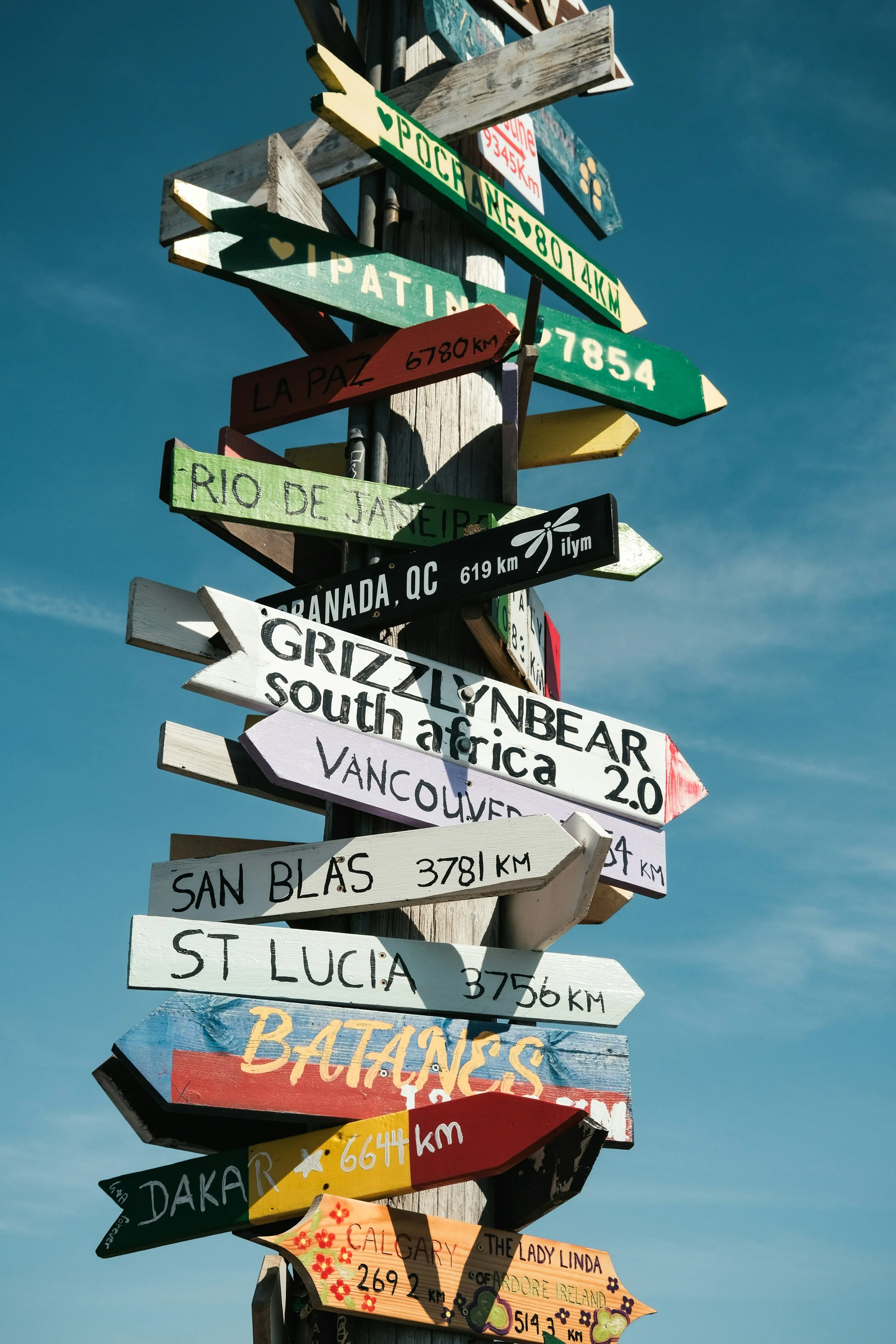
Where to from here?
When I started Get Out in Hobart, I was lonely, part-time, and determined to build a simple bridge between people and their local communities. We’ve built it — and it works. What comes next depends on you. Should we add people, add time, or add investment? Tell us how you connect, what you care about, and where we should focus so Get Out serves real needs, not assumptions. Help shape the next chapter.
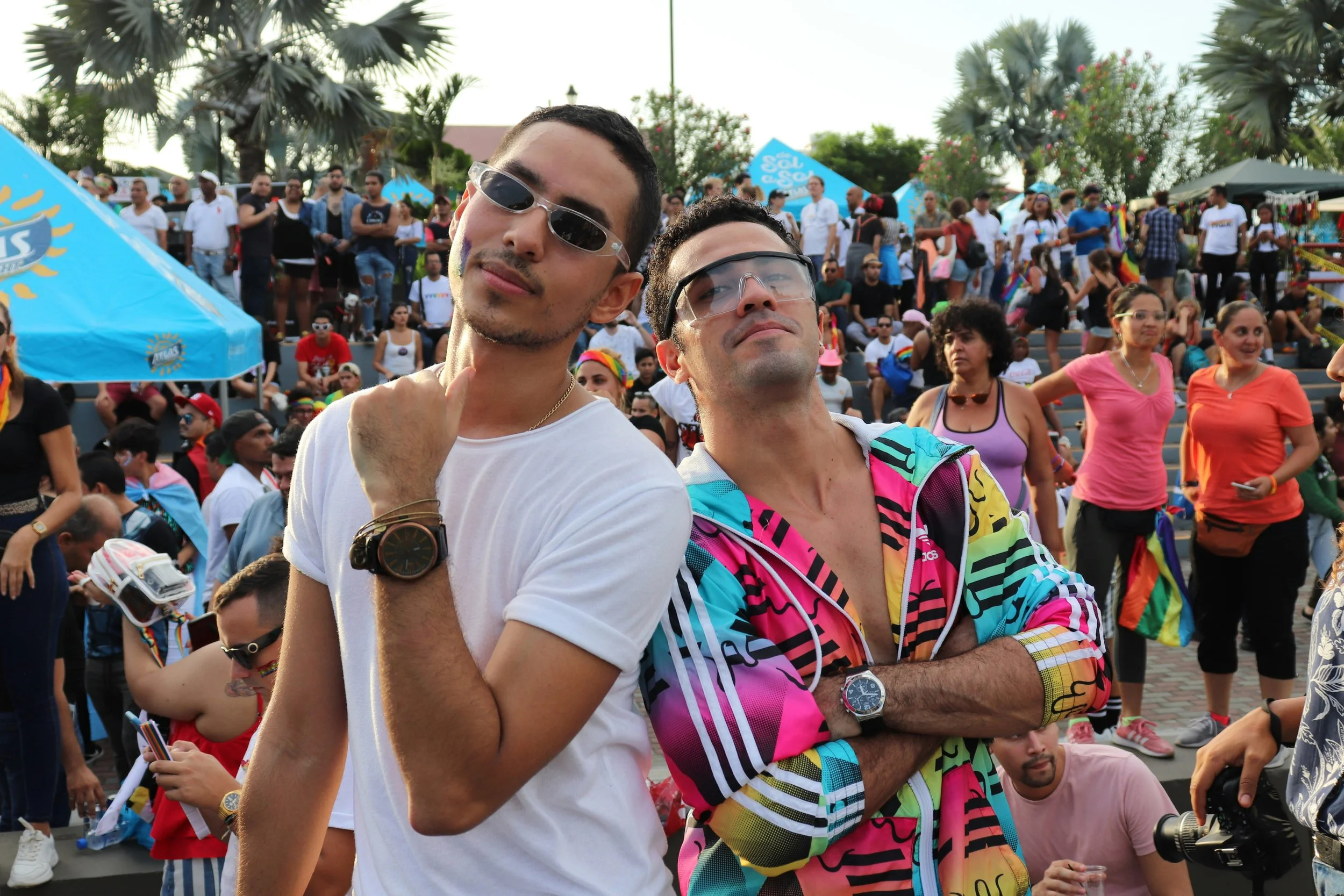
How to Rebuild Friendship: Small Habits That Stick
I tried to optimise my way out of loneliness; it didn’t work. What has: being kinder to my brain and treating friendship like a practice. This field note blends neuroscience (micro-delights, cognitive appraisal), queer midlife reality, and six repeatable habits that make showing up easier — and connection stick.
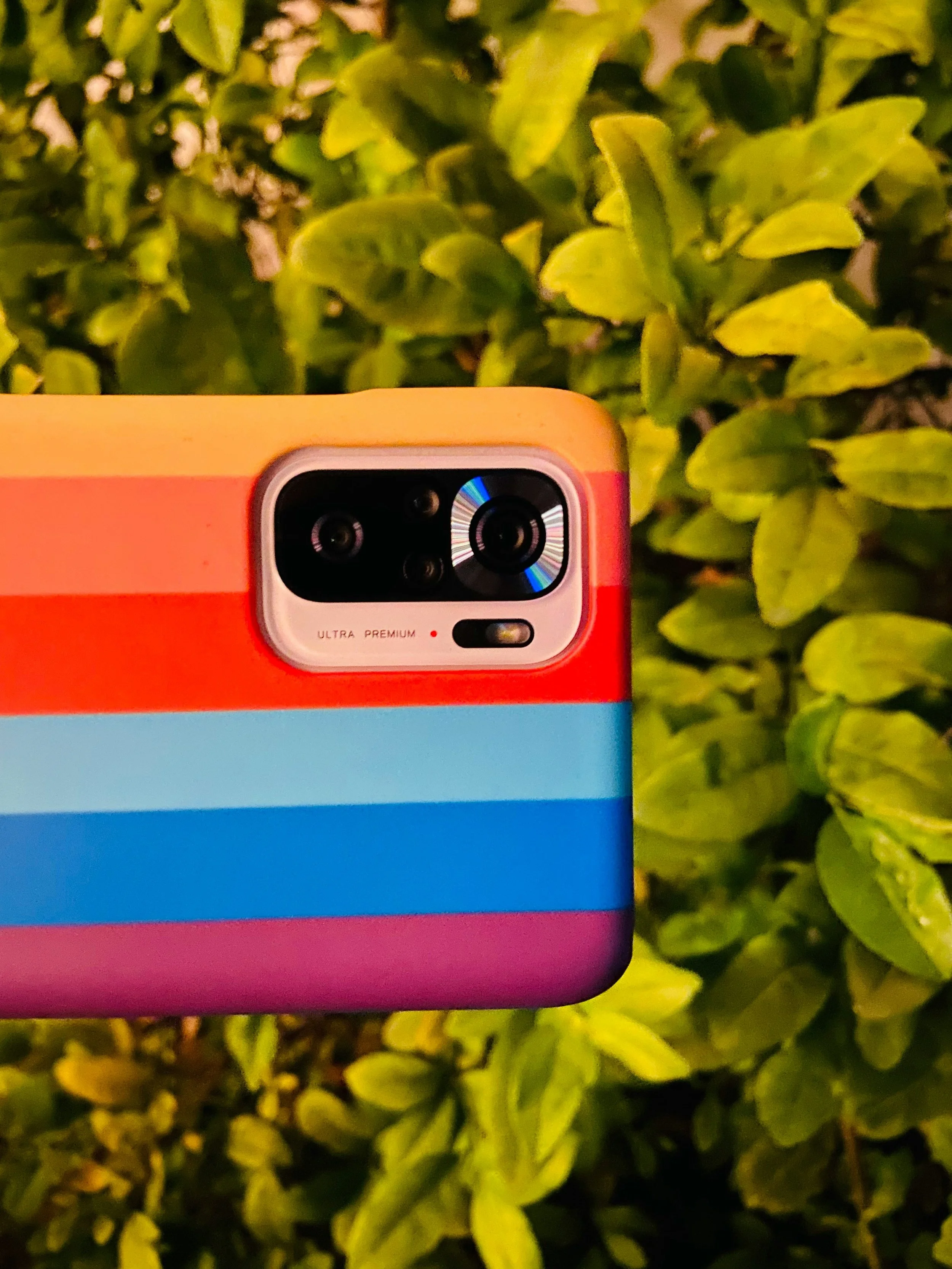
The Real-Life Reset
The less time I spend online, the more my life feels like mine — better sleep, warmer friendships, finished projects. Research shows why: screens promise connection but often fuel loneliness. This piece swaps performance for presence, with five “micro-freedoms” to trade screen time for real time (device sabbath, outdoors by default, one ongoing group, embrace friction, host tiny). The algorithm can wait. Your people — including you — can’t.

Dry(ish) Is the New Deep: How Drinking Less (or Not at All) Gave Me My Life Back
I used to outsource confidence to a drink. Quitting didn’t turn me saintly — it made me steadier. With more people rethinking alcohol (and data backing the shift), this is the sober-ish playbook that rebuilt my energy, friendships, and self-respect: morning anchors, clean-fun rituals, social plans that don’t revolve around booze, and a kinder way to “start again.” No preaching — just practical steps for a life that feels like yours again.

When the Bot Becomes Your Best Friend: AI, Validation, and the Risk of Losing the Real Thing
AI can feel safer than people — instant feedback, no judgment. But when a bot becomes our go-to for comfort and advice, our real-world connection muscles atrophy. This piece unpacks the benefits, the risks, and a better way to use AI without losing the human skills that make life work.
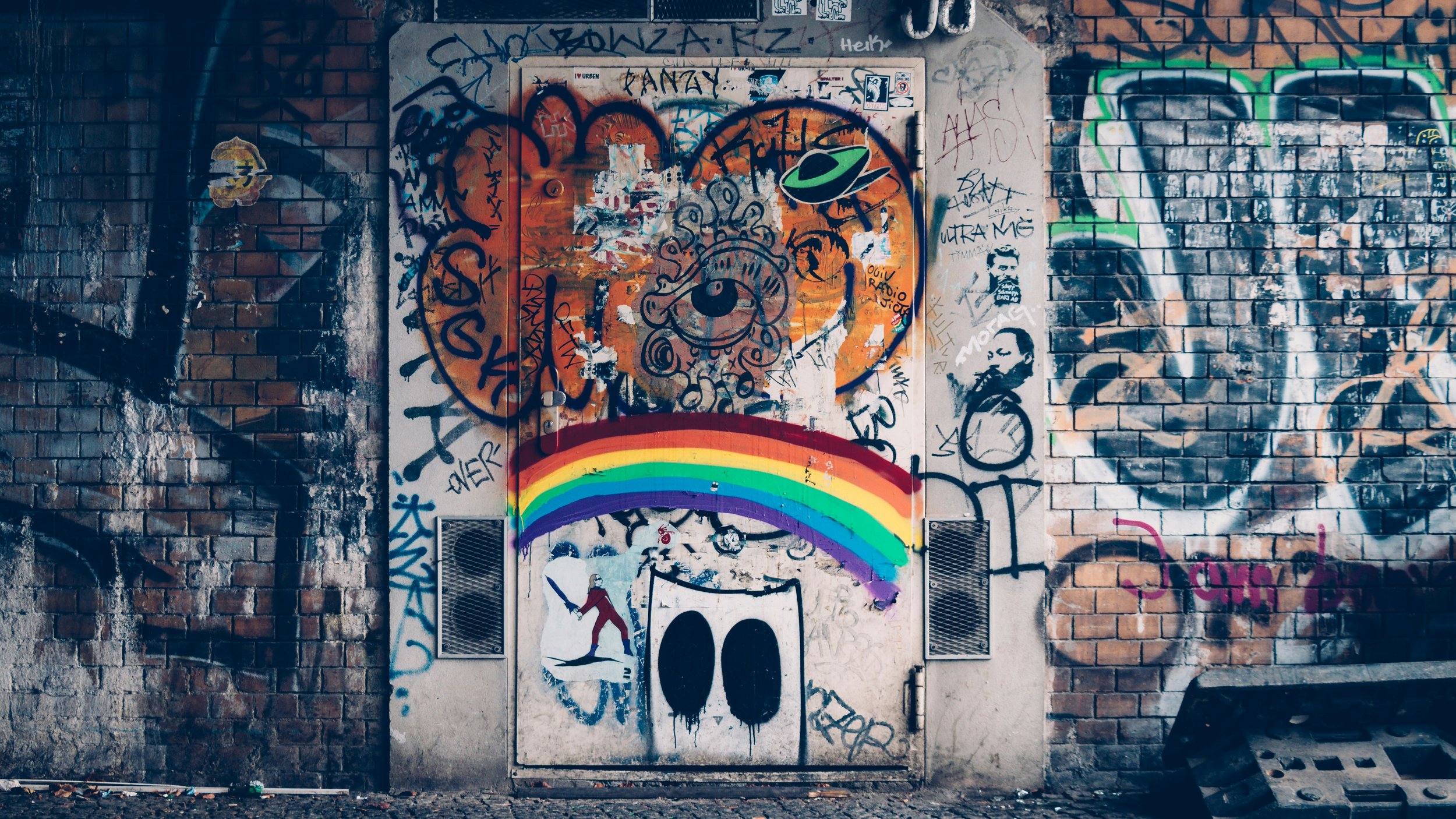
Still Showing Up: Impostor Syndrome, New Chapters, and Building Something That Matters
Building Get Out while navigating a new job, a new city, and old patterns of self-doubt has brought up one uncomfortable truth: impostor syndrome doesn’t disappear just because the mission matters. In this reflection, we explore what it means to keep showing up — even when you’re not sure you’re enough — and why that’s exactly the point.

Wander Lost: When Was the Last Time You Just Went for a Walk?
When was the last time you just went for a walk — no agenda, no headphones, no steps to count? In a world that rewards hustle and highlights, walking offers something quieter: presence. This reflection explores awe, queer solitude, and the small, rebellious joy of moving through it instead of escaping it.
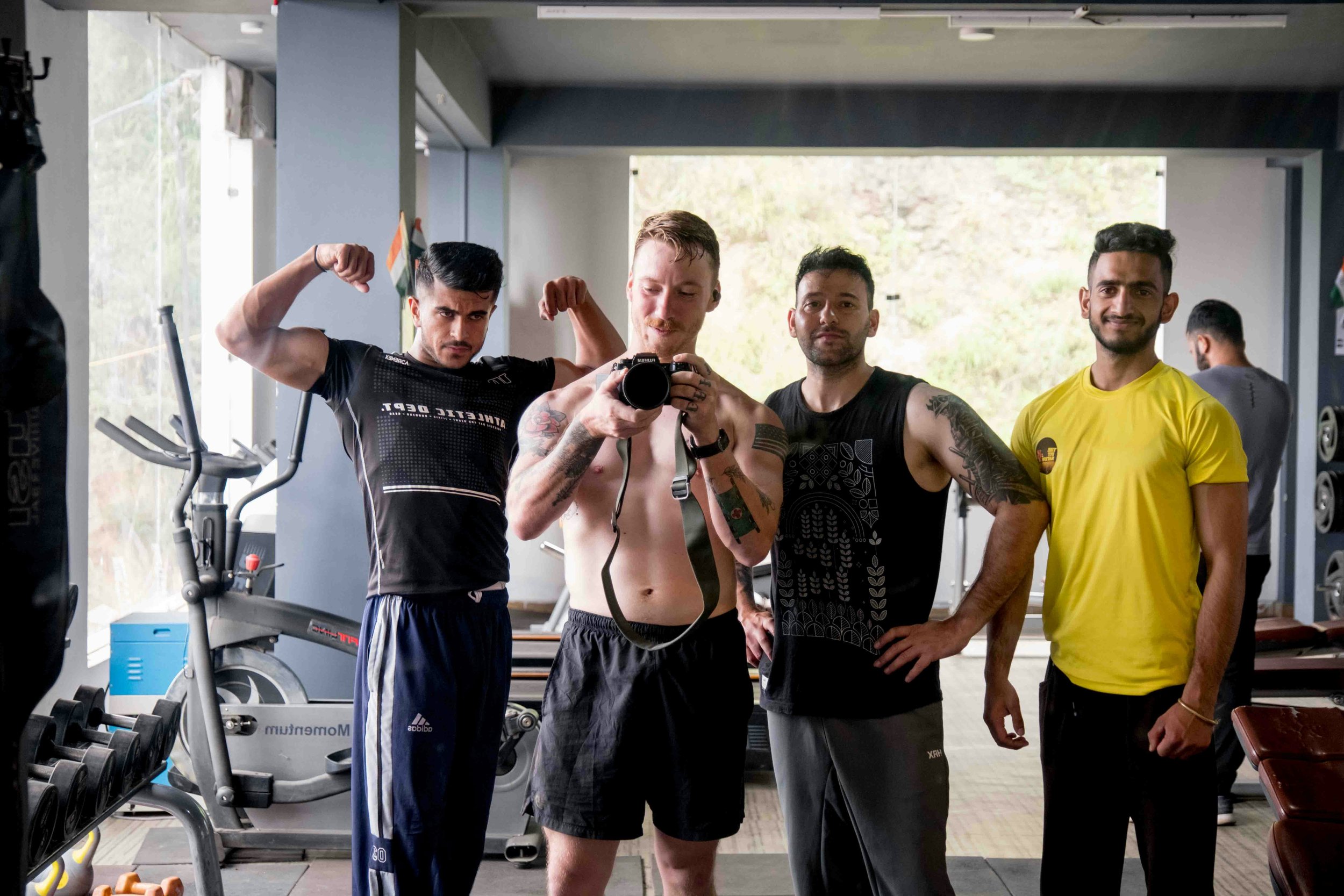
Working Out, Showing Up: Why Doing Hard Things Together Makes Life Better
In Working Out, Showing Up, we reflect on the quiet, life-saving power of doing hard things together — from sweating it out in group fitness classes to giving back through community volunteering. Drawing on the Effort Paradox and the timeless idea that doing good feels good, this piece explores how shared effort transforms loneliness into belonging, and how showing up for others helps us show up for ourselves.

When It Feels Like No One Would Miss You — Finding a Way Back to Yourself
A raw reflection on loneliness, queer community, and what it means to keep showing up — even when it feels like no one would miss you. We share how Jung’s pillars, modern research, and the story behind Get Out offer a gentle roadmap for building connection, purpose, and a life worth staying for.

Move Your Body, Heal Your Mind.
Loneliness doesn’t always announce itself with silence — sometimes it hides behind sore joints, low moods, and the vague ache of being out of sync. But movement, especially when shared, can shift that. Whether it’s travel, a fitness class, or a walk with someone who gets it, moving your body can change your mind.

Loneliness at Work: Why Queer People Feel It More, and What We Can Do
Loneliness at work is real — and for LGBTQIA+ people, it can be even more isolating. From invisible pressures to "be less gay" to the health impacts of feeling unseen, this story explores why workplace connection matters, and what we can do to build it. Backed by data, lived experience, and some real talk.
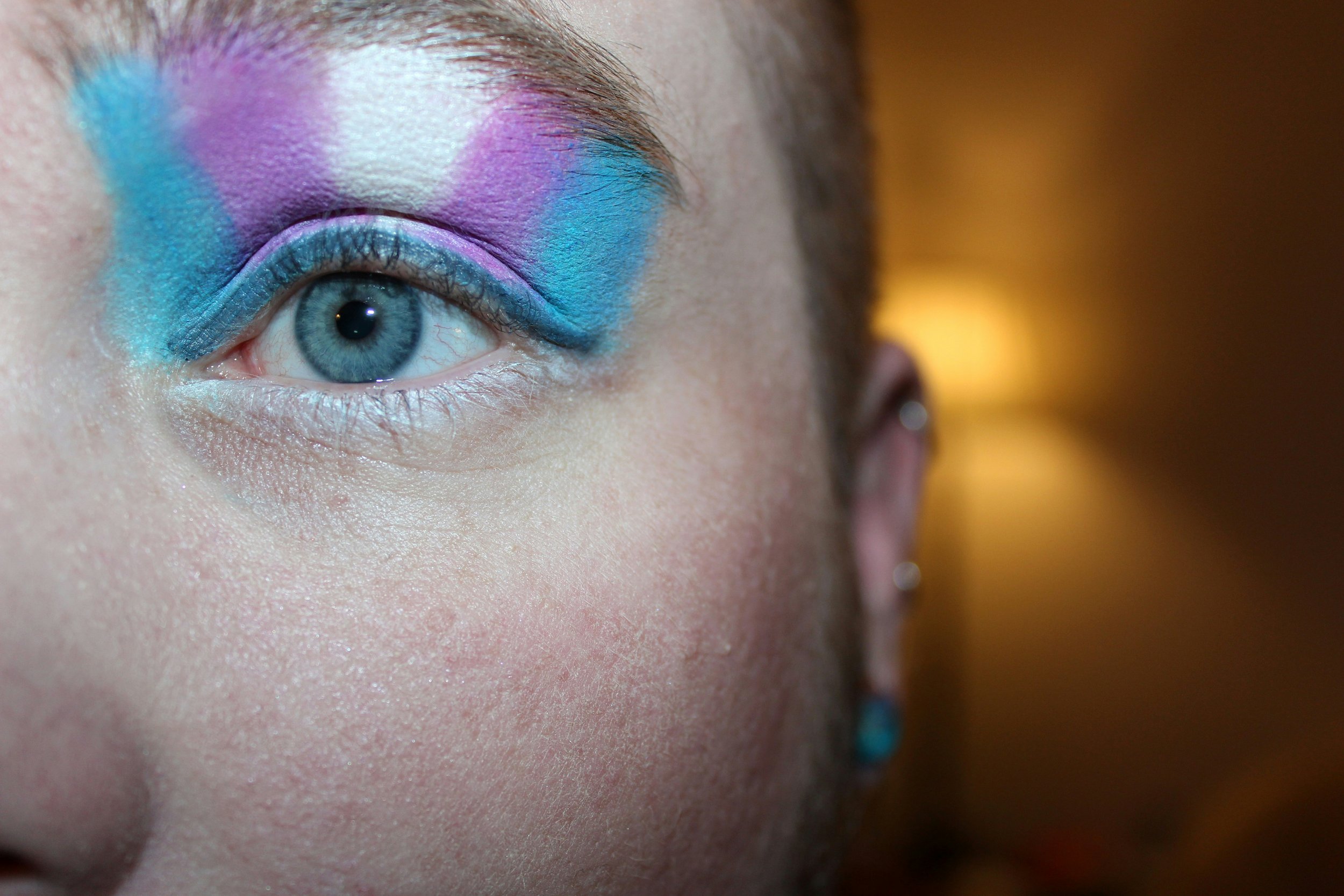
Trans Day of Visibility: Standing Together for Trans Lives
Trans Day of Visibility (TDOV) isn’t just about recognition—it’s about resilience, activism, and the fight for trans rights worldwide. As attacks on trans and gender-diverse communities escalate, visibility alone is not enough. It’s time to take action, stand in solidarity, and ensure trans people are not just seen but supported.

So… What Do You Actually Do?
We’re more than our job titles. So why is “What do you do?” still the go-to question? In a world obsessed with productivity, it’s time we reconnected with the things that actually bring us joy—and found our people along the way.

We’ve Been Here Before: When Fear Comes for the Queer Community
There’s a particular kind of silence that follows a warning. Not the kind that’s empty, but the kind that hums with memory, with grief, with fight. As anti-queer rhetoric surges, we’re reminded: we’ve been here before. And we know exactly how to respond.

From Ketamine to Connection — My Journey from Escaping to Embracing Life
Once, I chased every possible way to escape my own life — alcohol, party drugs, even ketamine. Now, two years sober, I’ve discovered the ultimate hack isn’t found in a pill or a lab. It’s found in showing up for your life and your community, fully present.

DEI Isn’t About Favouritism — It’s About Fairness. So Why Are We Still Having This Conversation?
As companies quietly back away from their diversity, equity and inclusion commitments, Get Out asks the tough question: When did fairness become a threat, and why are we still explaining that inclusion makes us all stronger?

Finding Confidence and Connection in a World That Won’t Slow Down
Confidence isn’t something you’re born with — it’s something you build. And in a world that won’t slow down, balancing connection, self-assurance, and social energy is more important than ever. How do we create meaningful relationships without burning out? It starts with rethinking confidence, reclaiming third spaces, and understanding the limits of social energy.

Breaking the Comfort Zone: The Challenge (and Reward) of Trying New Things
Stepping outside your comfort zone is never easy — but it’s the only way to grow. After years away from social media, diving back in to promote Get Out has been awkward, frustrating, and sometimes overwhelming. But I know that if I want to build something real, I have to practice what I preach: choosing action over avoidance. The truth? Growth happens when we keep showing up — even when it’s uncomfortable.
